Reverse Osmosis
Reverse osmosis (RO) is a highly efficient, chemical-free water purification process that removes up to 99% of dissolved solids, bacteria, and contaminants by forcing water through a semi-permeable membrane under high pressure. This ensures a continuous supply of high-purity water, making it essential for industries such as food and beverage production, pharmaceuticals, electronics, and metal processing, where water quality directly impacts product integrity and equipment performance.
Designed for efficiency and reliability, RO systems offer adjustable flow rates from 300 to 30,000 litres per hour and can integrate with pre-treatment solutions like water softening and anti-scalant dosing to extend membrane lifespan. Advanced monitoring technology helps track water quality, detect membrane fouling, and optimise performance, reducing waste and lowering operational costs. With a tailored approach, RO provides businesses with a sustainable and cost-effective water treatment solution.
REQUEST A CALLBACK
INDUSTRIAL & COMMERCIAL APPLICATIONS
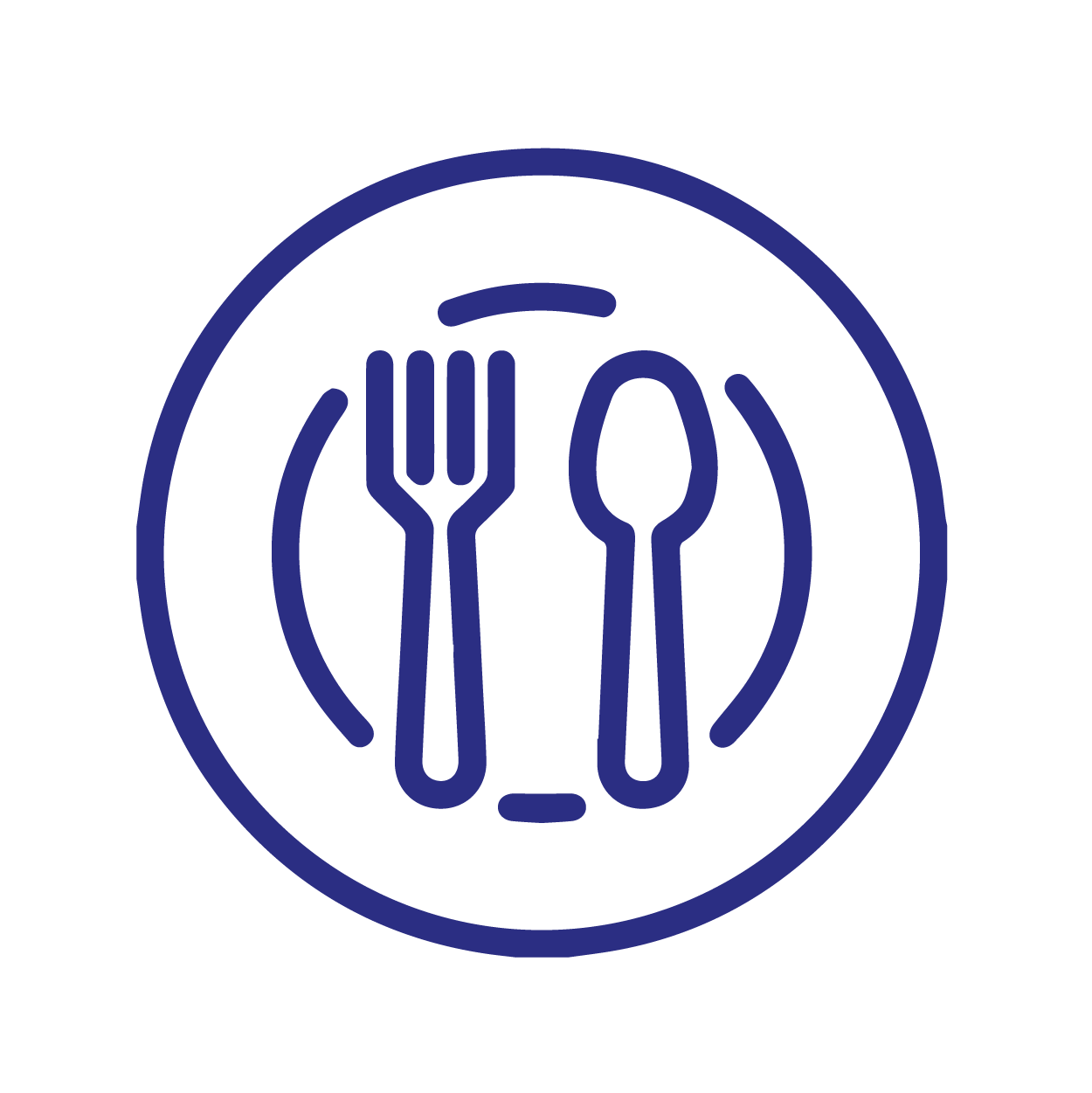
Food & Beverage Production
Ensures pure, contaminant-free water for processing and beverage formulation.
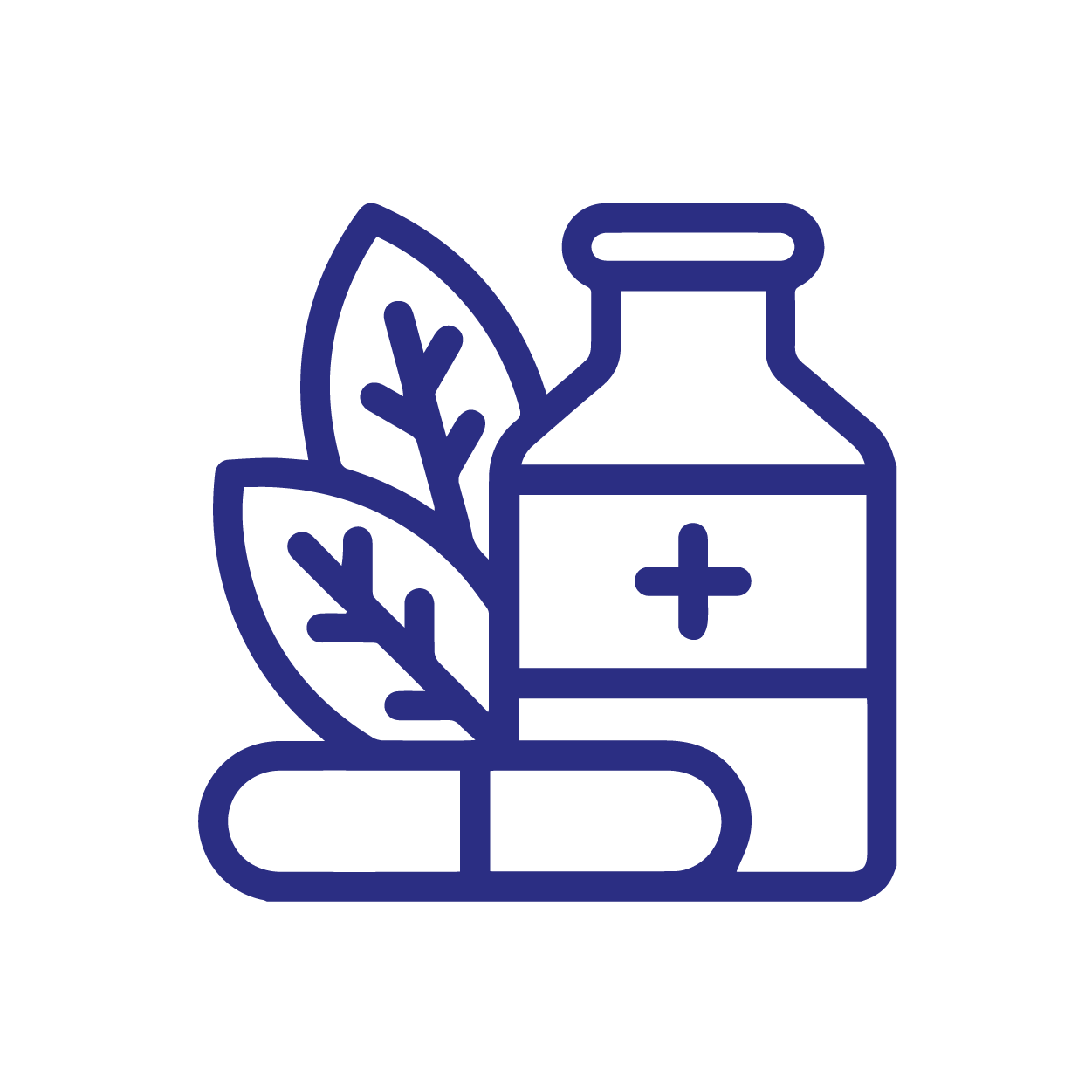
Pharmaceutical & Healthcare
Provides ultra-pure water for drug manufacturing and sterile applications.
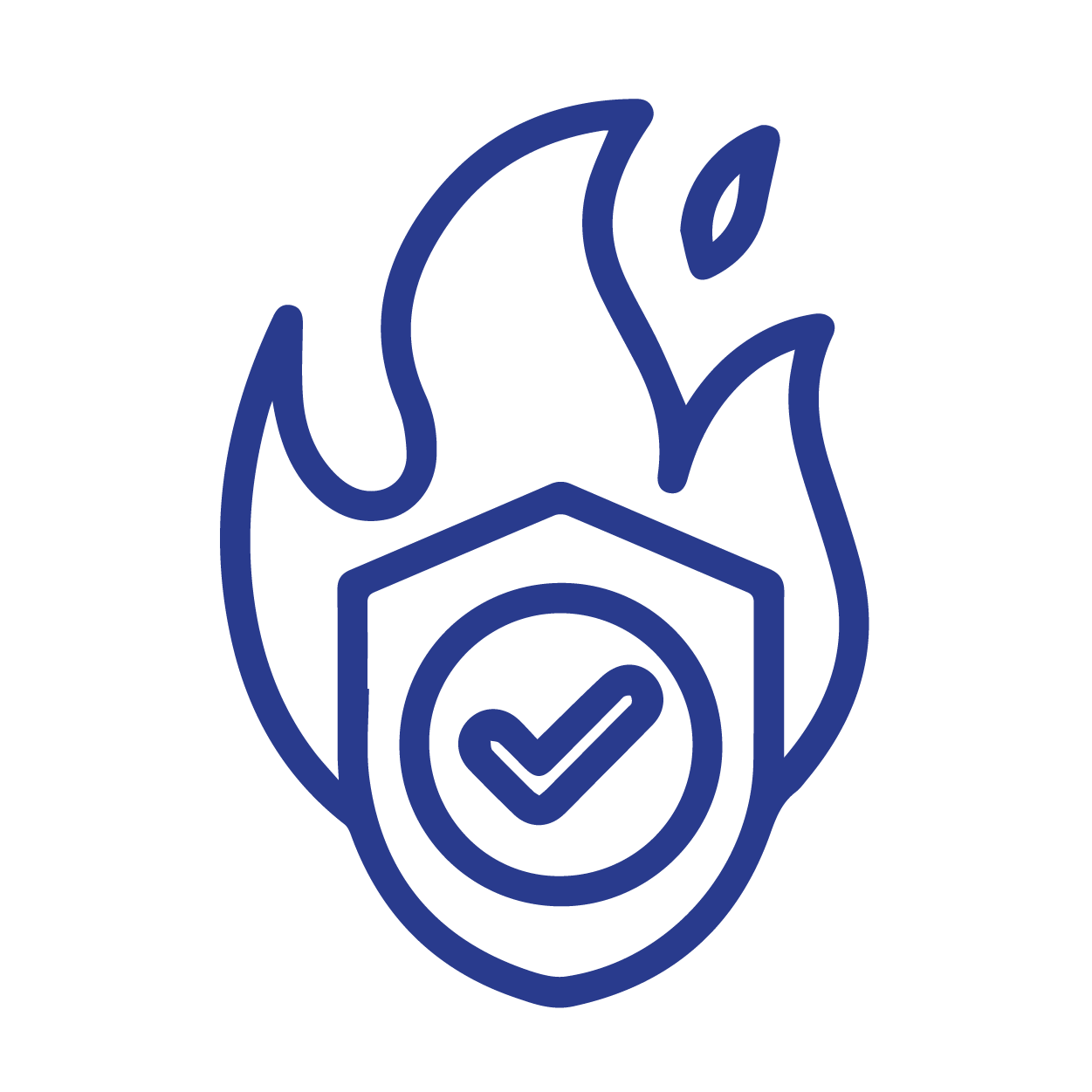
Automotive & Glass Manufacturing
Delivers clean water for precision rinsing to avoid staining or damage.
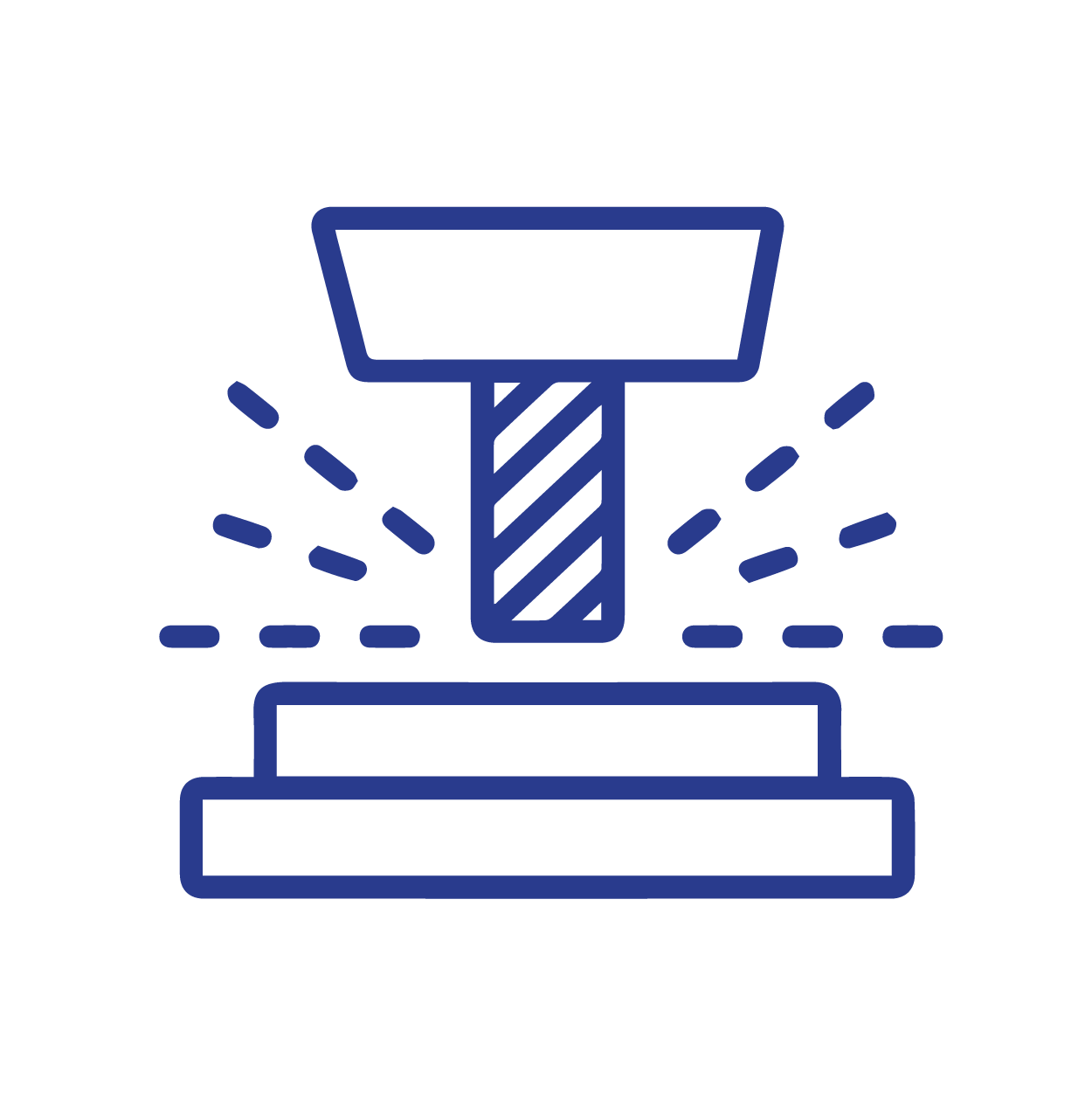
Metal Processing & Engineering
Reduces chemical usage and ensures corrosion-free equipment operation.
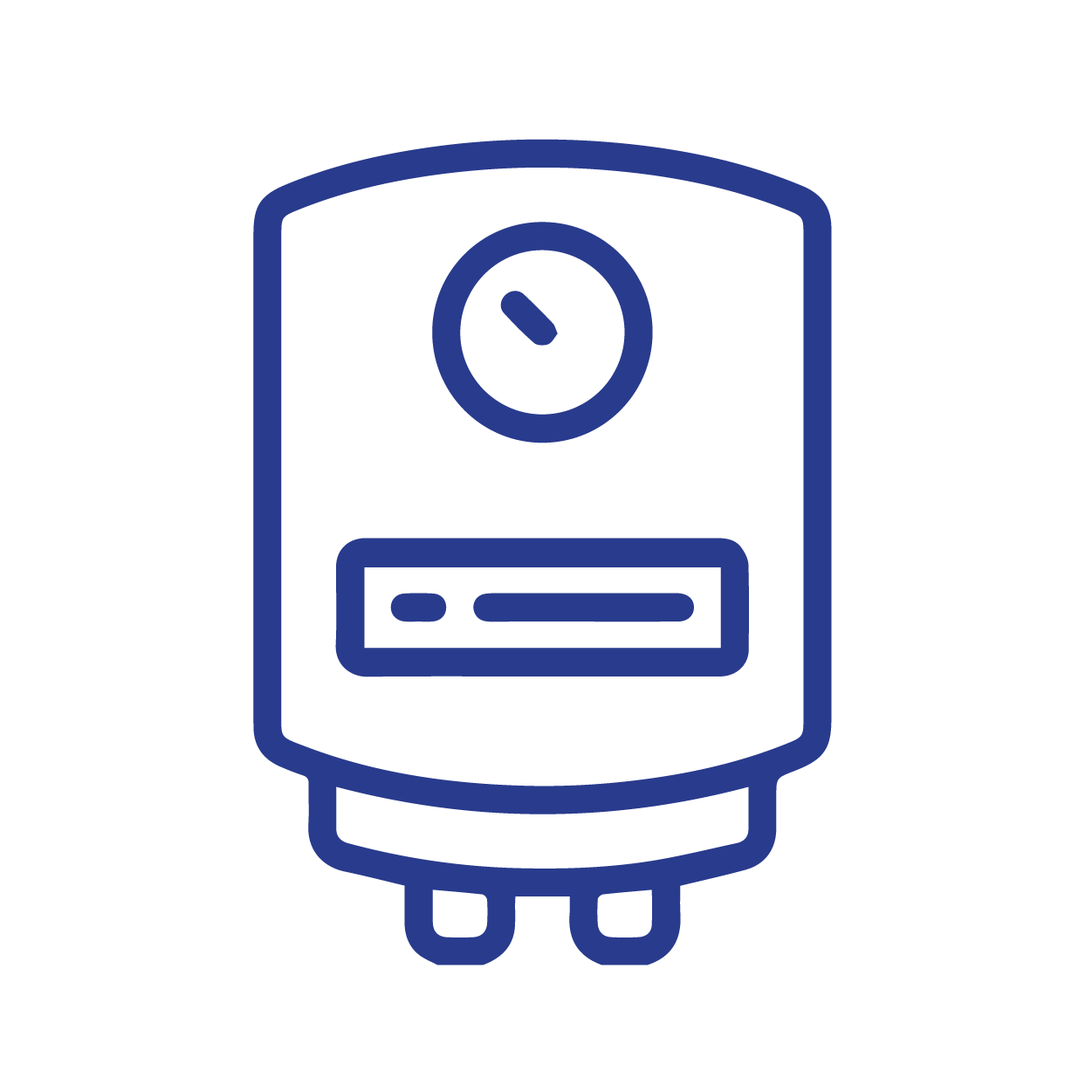
Boilers &
Cooling Towers
Reduces chemical treatment needs, preventing scaling and efficiency loss.
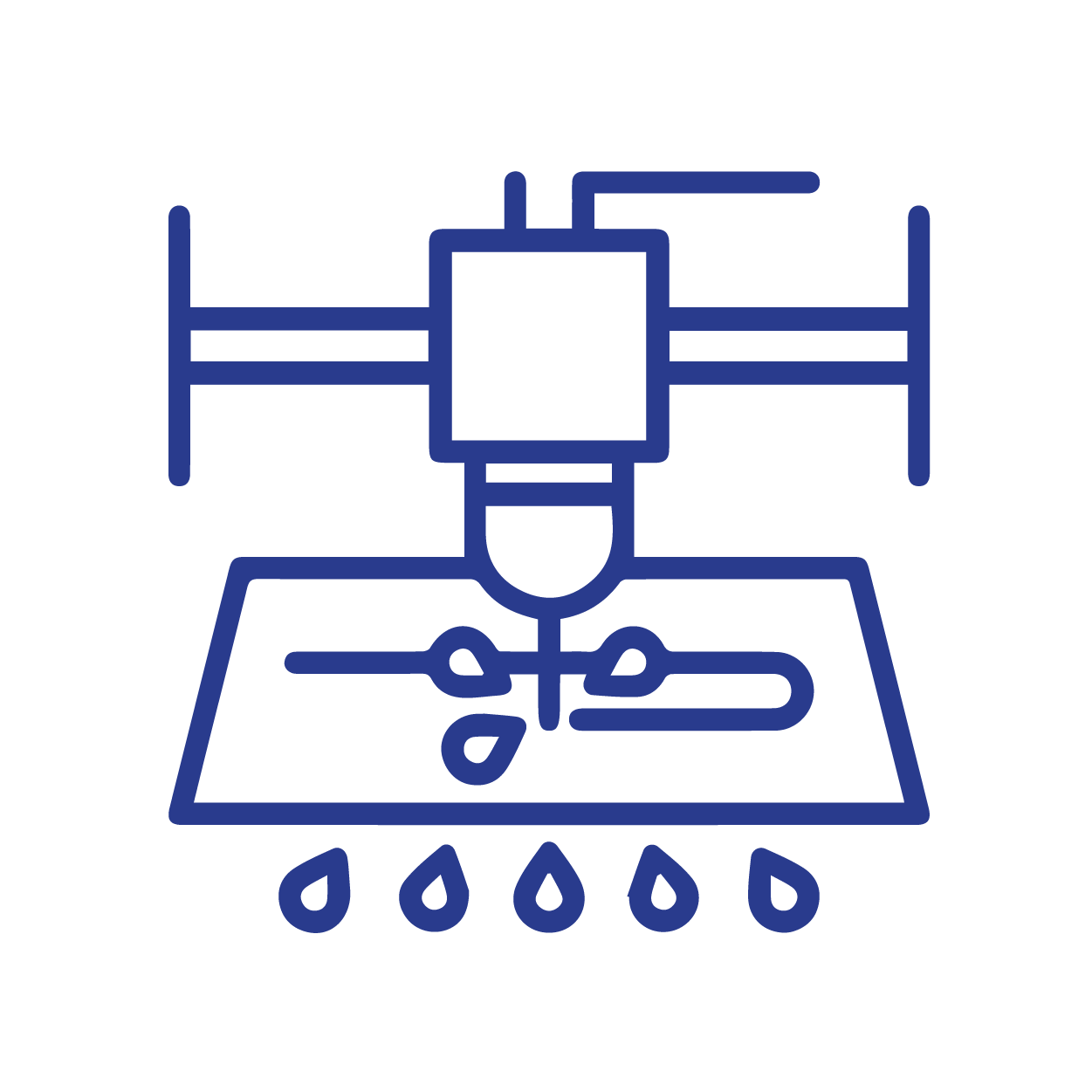
Water Jet
Cutting
Supplies high-purity water for efficient and precise cutting performance.
KEY FEATURES & BENEFITS
OF REVERSE OSMOSIS
Unlike traditional water softeners or deionisation systems that require regeneration cycles, RO systems provide a continuous flow of purified water. This ensures that manufacturing processes, laboratories, and industrial operations always have access to the required water quality without interruptions.
RO systems are designed to operate with minimal energy consumption, making them more sustainable and cost-effective compared to other purification methods. Unlike thermal distillation, which requires significant energy input, RO uses pressure to drive water through membranes, significantly reducing energy costs and environmental impact.
To accommodate diverse operational requirements, RO systems can be designed to deliver flow rates from as low as 300 litres per hour up to 30,000 litres per hour. This flexibility allows businesses to scale their water treatment solutions based on demand, ensuring efficiency and cost savings.
Every RO system is designed and built in-house to match specific industry requirements. Whether for food and beverage production, pharmaceuticals, automotive, glass, or metal industries, the units are custom engineered to meet water quality standards and operational constraints.
To maximise efficiency and protect the RO membranes, the system can be integrated with pre-treatment solutions such as:
- Water softeners (to remove hardness and prevent scaling)
- Anti-scalant dosing systems (to prevent mineral build-up on the membranes)
- Activated carbon filters (to remove chlorine and organic contaminants)
Proper pre-treatment ensures longer membrane lifespan, improved system efficiency, and reduced maintenance costs.
GET IN TOUCH

